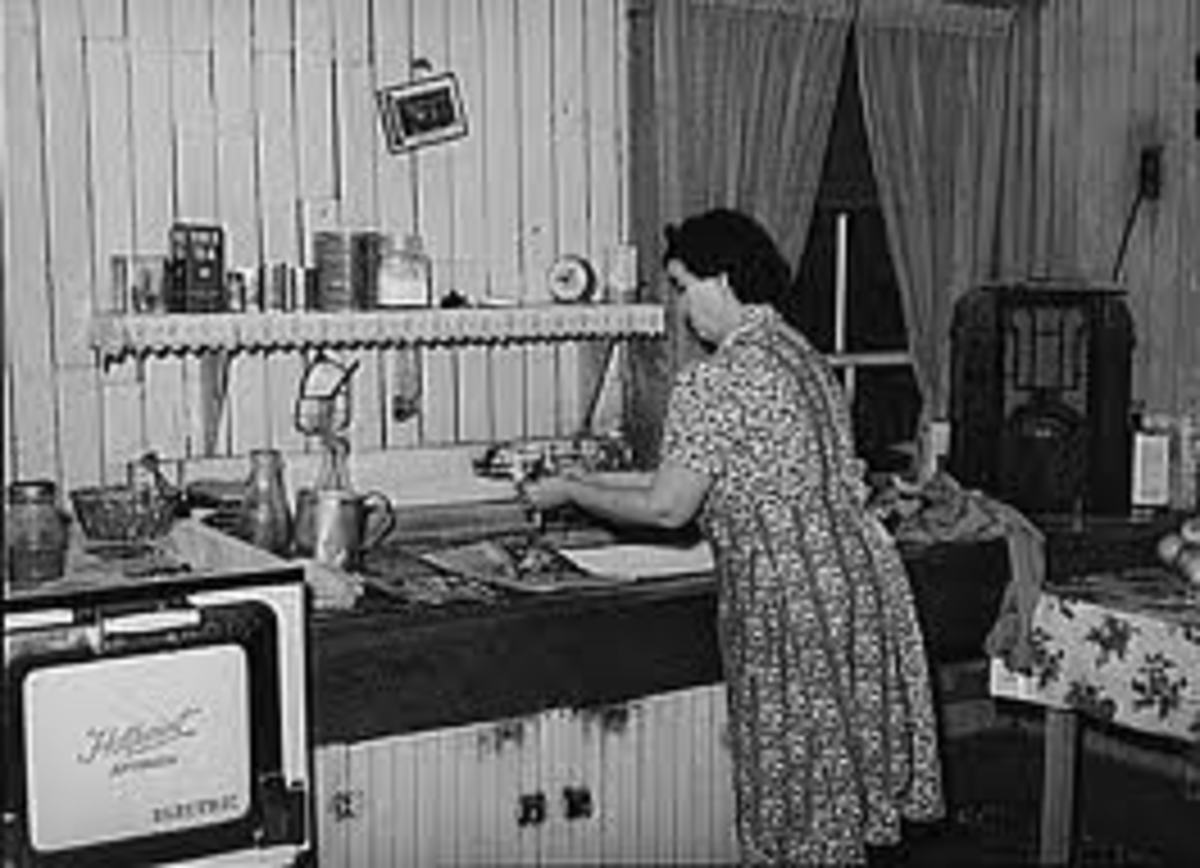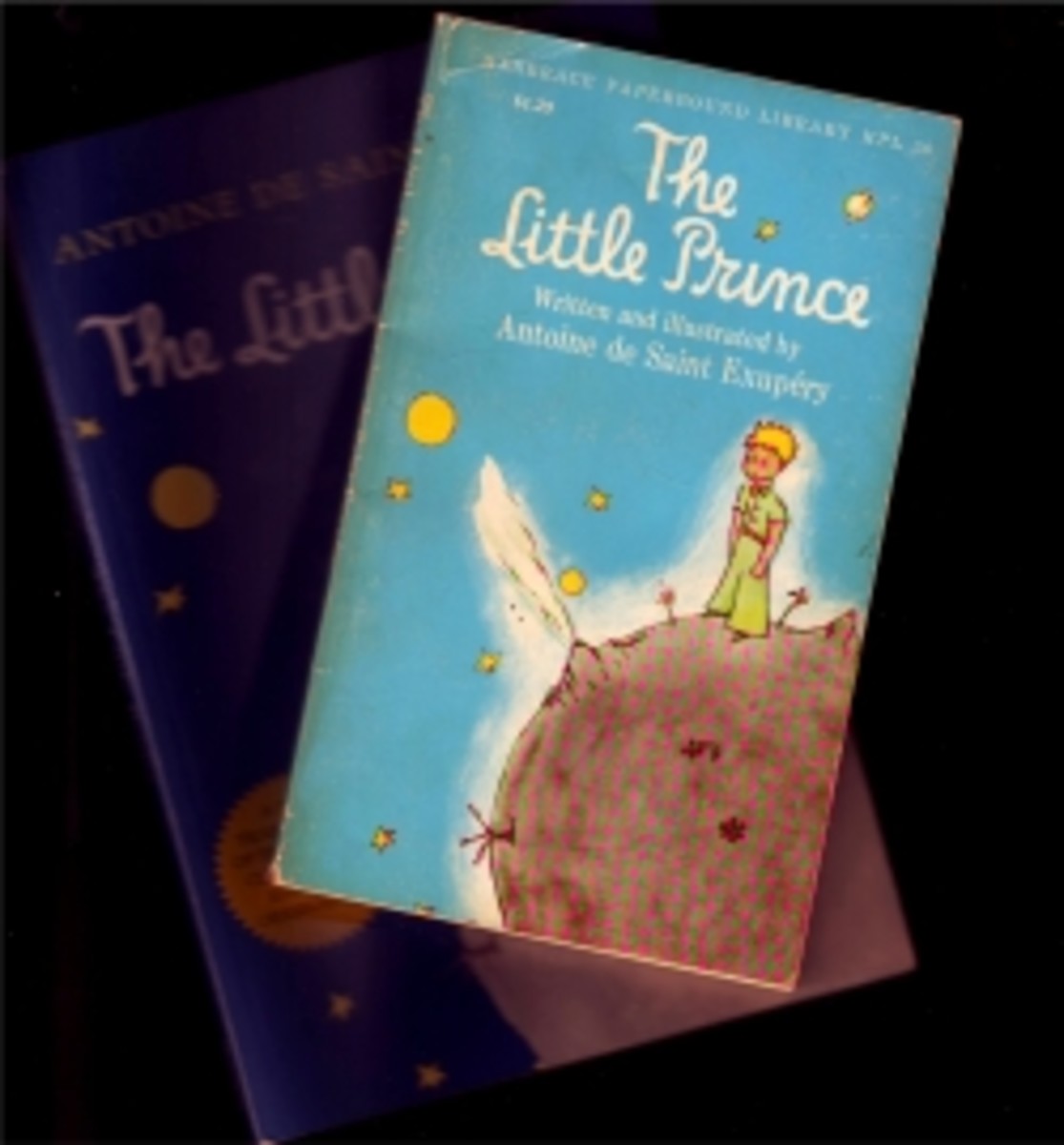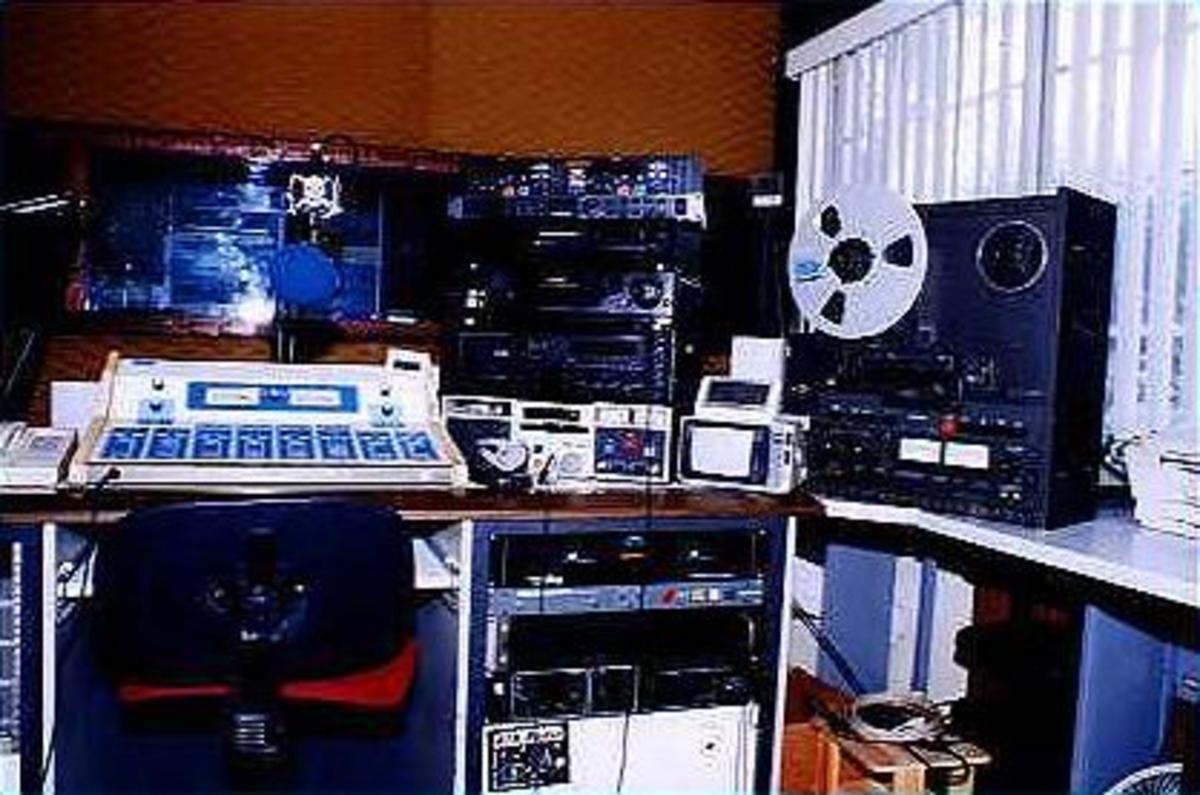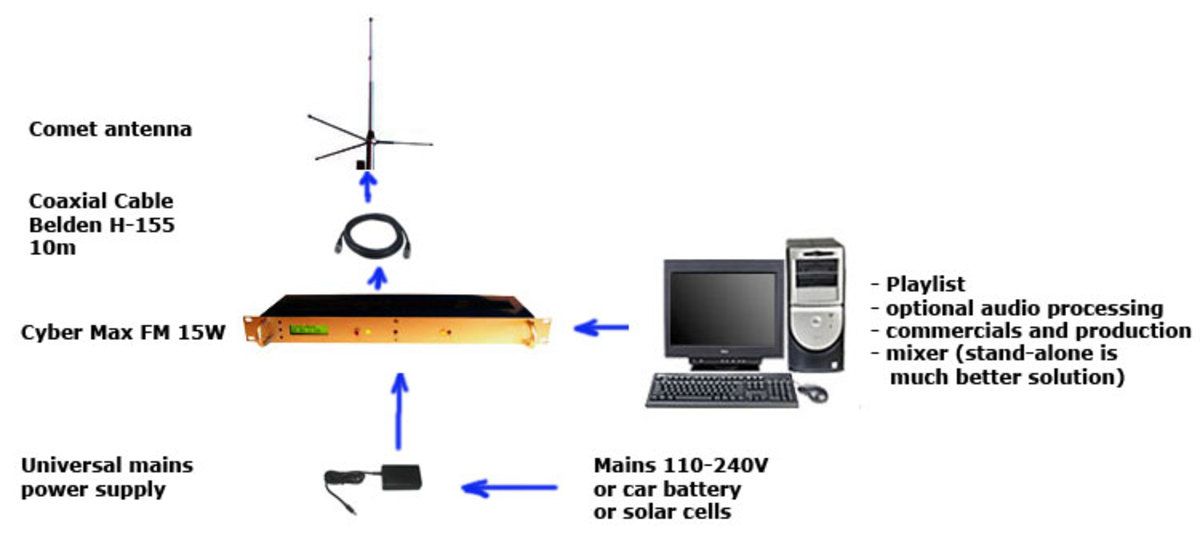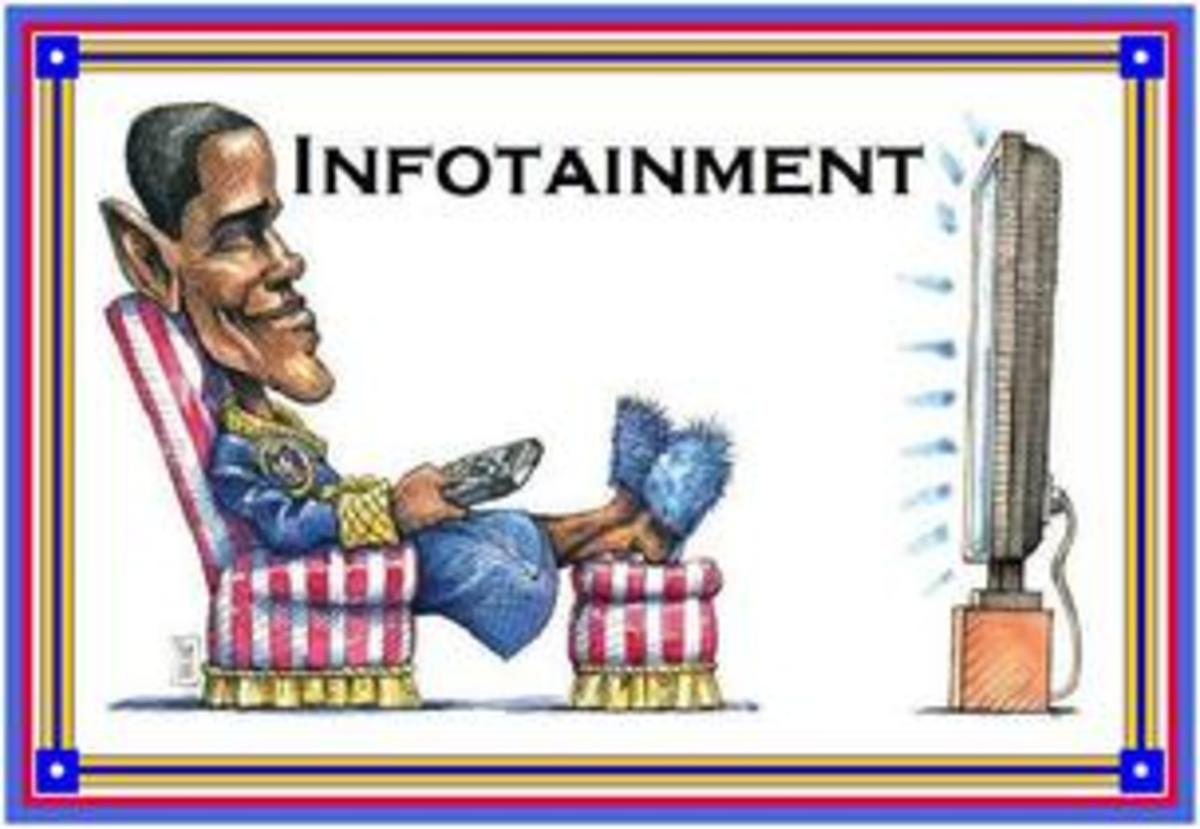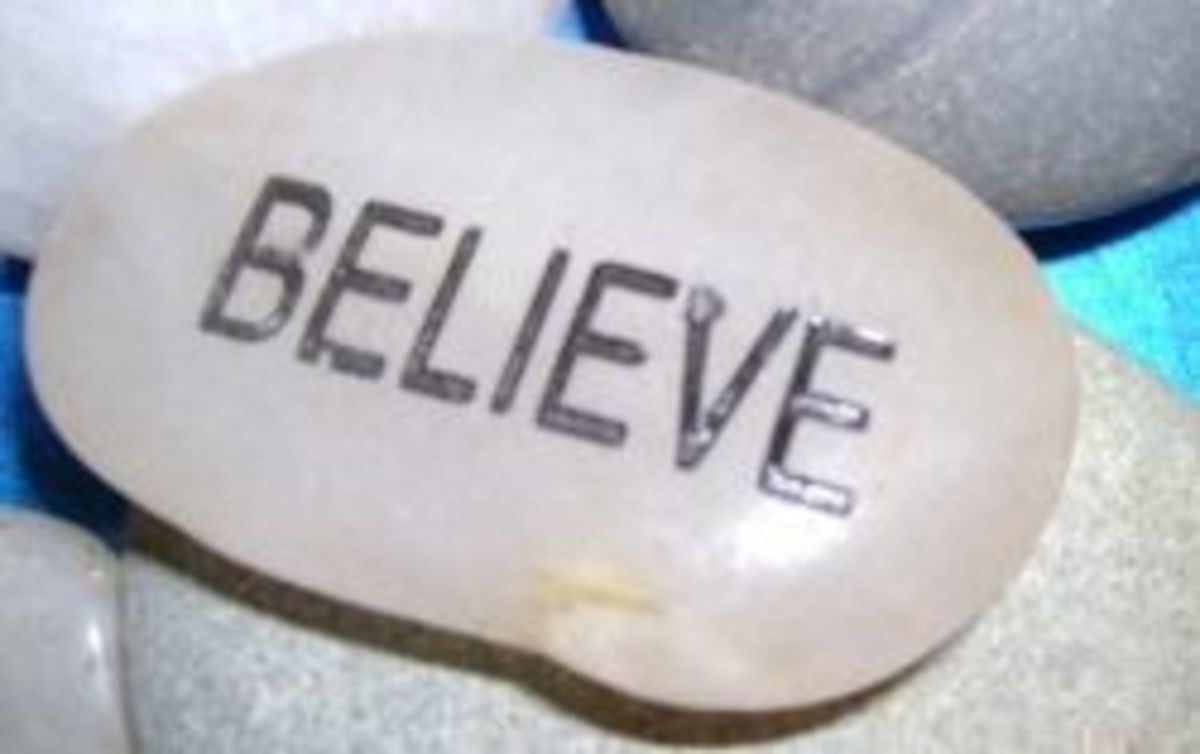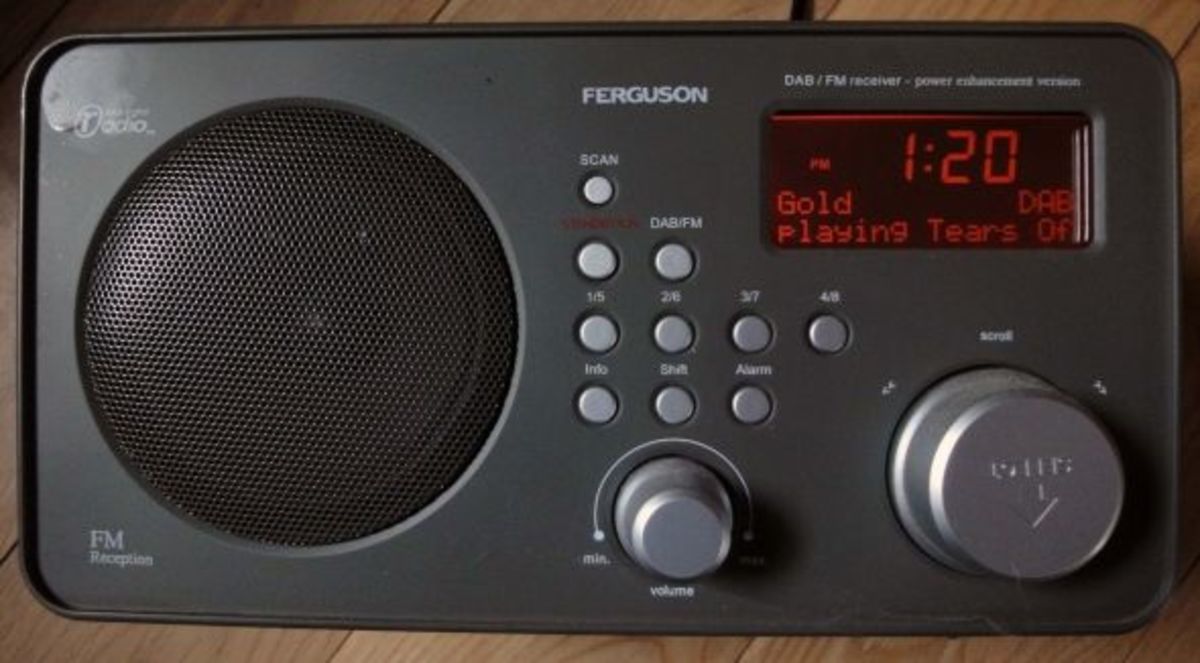70th Anniversary of the Famous Orson Welles & The Mercury Theatre Broadcast of "The War of the Worlds"
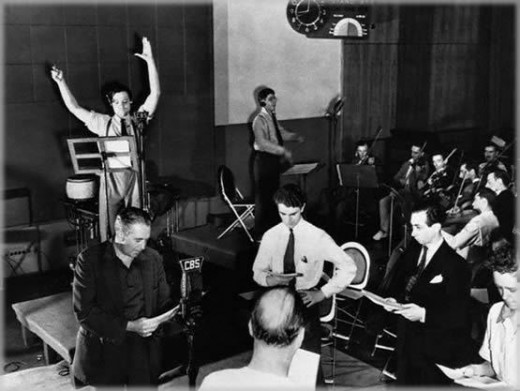
On October 30th...
In the fall of 1938, genius extraordinaire Orson Welles, then master of broadcast theatre production for the Columbia Broadcasting System, produced and starred in an exciting on-air dramatization by Howard Koch, based on author H.G. Wells' classic science-fiction "The War of the Worlds" as part of the Mercury Theatre's Halloween offering.
The play was aired on the 30th, the day before Halloween.
It proved to be a big mistake.
The Actual 1938 Radio Play with a Video Enhancement
Welles had no idea of the consequences of this seemingly innocuous choice of entertainment.
The play used the names of actual places well known to most, especially those on the east cost, and was set in current time with its use of apparent live and remote announcers in the field,; tales of fiery meteors falling to the earth... of strange metallic cylinders embedded in the ground emitting unearthly noises and the subsequent uprising of monstrous, mechanized Martian war machines bent on world conquest. The play became all too real for hundreds of thousands of Americans who were apparently glued to their radios aghast. Whether they missed the introduction and the intermission, both of which stated plainly that what was being broadcast was merely a radio-play, or whether holiday spirits enhanced the naturally alarming elements of something dreadful and terrifying coming from another world... we'll never really know. But it became known as the night that panicked America.
It seems the greater part of an entire nation was fully convinced that, as it was stated by believable authorities on the air, "both the observations of science and the evidence of our eyes lead to the inescapable assumption that those strange beings who landed in the Jersey farmlands tonight are the vanguard of an invading army from the planet Mars."
The end of the world was upon them, and the play-by-play, blow-by-blow was coming to them live, via radio. The modern age had brought Armageddon into the living room.
Welles had made a tragic error. The press and the nation was considerably unforgiving for a very long time to come. What was intended as a pre-Halloween spook-story became a nightmare resulting in several actual deaths by suicide (though to this day many claim such never took place) and countless other repercussions which Mr. Welles could never have foreseen. One of the more oft-told accounts was of a particular farmer who, when hearing about the menacing Martian war machines with their tenticular arms and great stilt-like metallic legs bounding across the countryside, went out into his field armed to the teeth, ready to do battle with the coming metal-monster. In the darkness the poor man mistook his neighbors watertower for one of the towering martian invaders, blowing several large holes in it with his shotgun. Other stories circulated that people had taken poison rather than to endure the coming Martian holocaust brought by the mysterious black, toxic smoke given off by the relentless, trodding war machines. One fact is certain, many people near and about the real-life geographical locations mentioned in the play packed bags in a panic and hit the highways trying to flee the cosmic cataclysm.
Orson Welles' career was severely effected for many years to come. It was not until the broadcast was well underway that reports began to float into Columbia center according to some accounts; the speculation being that Welles knew what was happening in the streets and continued with the broadcast nonetheless. Takes of panic in the streets might have easily been met with absolute skepticism on the part of Welles and company. Others contend to this day that Welles was oblivious to such information being fully involved in the radio play itself, and was deeply sorry for the outcome.
Either way, Orson Welles ended much of his broadcasting career and Mercury Theatre's rendition of "The War of the Worlds" with these now famous words:
"This is Orson Welles, ladies and gentlemen, out of character to assure you that The War of The Worlds has no further significance than as the holiday offering it was intended to be. The Mercury Theatre's own radio version of dressing up in a sheet and jumping out of a bush and saying Boo! Starting now, we couldn't soap all your windows and steal all your garden gates by tomorrow night. . . so we did the best next thing. We annihilated the world before your very ears, and utterly destroyed the C. B. S. You will be relieved, I hope, to learn that we didn't mean it, and that both institutions are still open for business. So goodbye everybody, and remember the terrible lesson you learned tonight. That grinning, glowing, globular invader of your living room is an inhabitant of the pumpkin patch, and if your doorbell rings and nobody's there, that was no Martian....it's Hallowe'en."
Orson Welles during that infamous broadcast
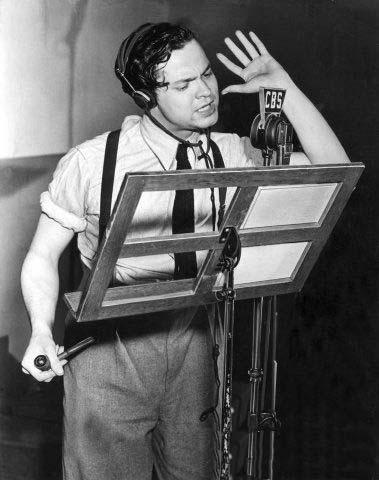
Maybe Some of the Reason for Panic in 1938
Despite the reports that the panic may not have been as widespread as originally thought, many people undeniably did panic. What might have caused so many to believe that the broadcast was real?
First of all, many people, who tuned in late, missed the announcement made at the beginning of the broadcast; that what followed was merely a staged dramatization. By the time a second disclaimer was made, the most alarming portion of the play had already been broadcast.
Secondly, the global situation in 1938 provided a context that allowed many to believe such a series of events could be unfolding. Tensions in Europe were rising, and it had been very common during the previous three months for radio broadcasts to be interrupted by reporters delivering ominous news from Europe. Many who panicked later explained they had assumed the Martian invasion was a cleverly disguised German attack.
Most of those who panicked were middle-aged or older. Younger listeners tended not to panic because they recognized Orson Welles's voice as the voice of the hero in the popular radio series, The Shadow.
Some Links to the 1938 broadcast
Orson Wells Speaks on 10/31/1938 About the 'Attack By Mars' Panic
Other Panics Cause by "War of the Worlds"
The 1938 broadcast was not the only time a dramatized broadcast of H.G. Wells' War of the Worlds was mistaken for an account of real events. In November 1944 the play caused a similar panic when it was broadcast in Santiago, Chile, and in February 1949 it once again stirred up unrest when it was performed by a radio station in Quito, Ecuador. The situation in Ecuador provoked an angry mob to surround the radio station and burn it to the ground.

